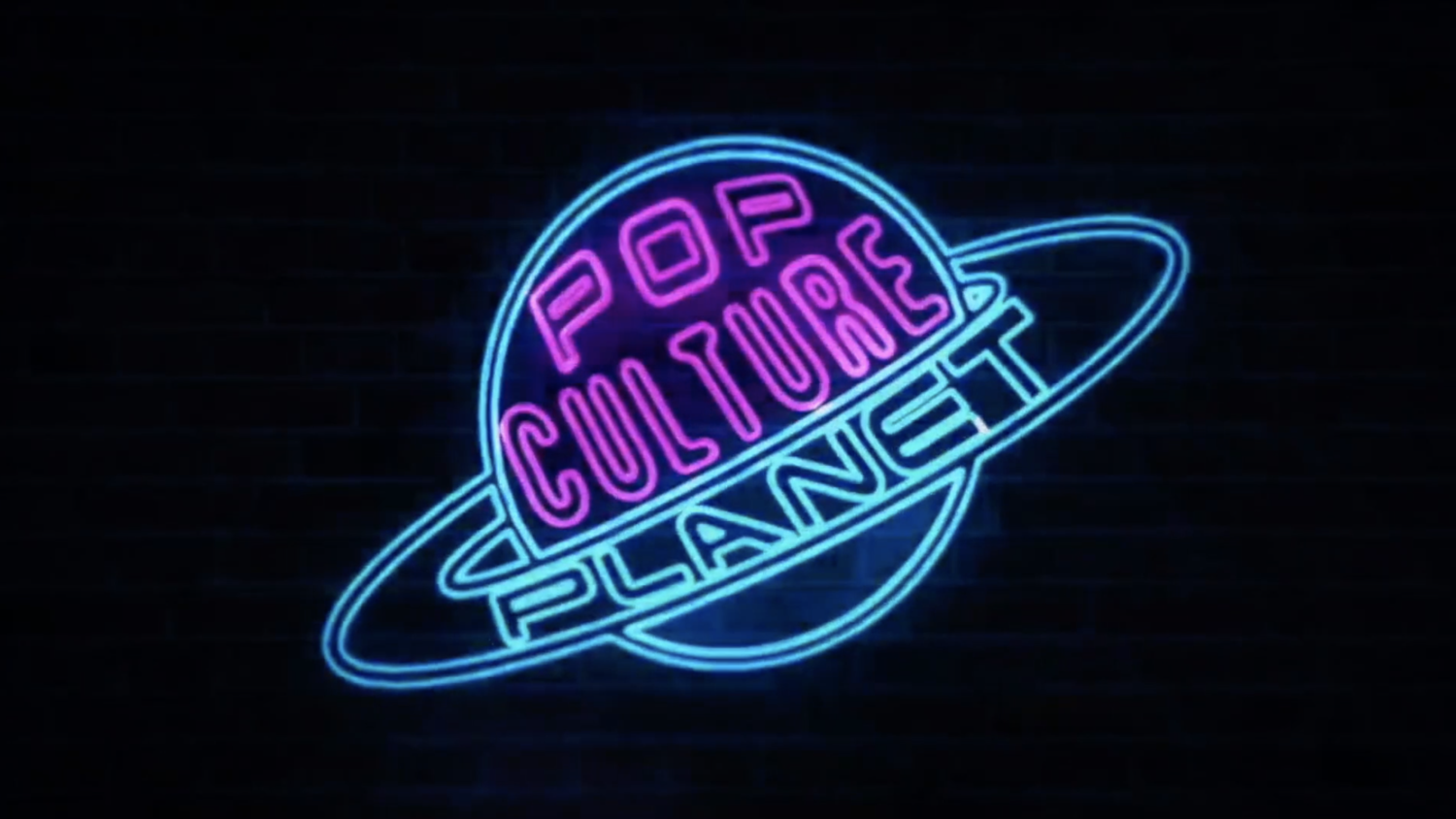Niecy Nash-Betts Delivers A Performance That Makes Grotesquerie Worth The Watch
In FX’s latest horror drama Grotesquerie, Niecy Nash-Betts takes center stage as Detective Lois Tryon, a weary and cynical investigator battling not just the gruesome crime terrorizing her town but also her own personal demons. Premiering with two episodes, the show quickly establishes itself as a dark blend of crime procedural and religious horror.
Nash-Betts effortlessly commands the screen, bringing depth and complexity to Lois, a character whose hardened exterior hides deep personal turmoil. She balances investigations into brutal ritualistic murders with visits to her comatose husband Marshall Tryon, played by Courtney B. Vance. Lois feels like a woman trapped between duty and desperation. By the second episode, it’s clear that Lois’s drinking problem is both a coping mechanism for the horrors she encounters and a reflection of her strained relationships at home. “It’s almost like the less sober I am, the clearer I see,” Lois says, hinting at the murky connection between her addiction and her work.
Created by Ryan Murphy, Jon Robin Baitz, and Joe Baken, Grotesquerie is steeped in religious symbolism and macabre details. The show’s murders, each more grotesque than the last, offer a sinister twist on familiar religious imagery. In the first episode, a dead family is found posed at their dinner table, their bodies mutilated in a way reminiscent of the mannequin-like ghouls in Insidious. The second episode ups the ante, depicting a crime scene staged with dead bloodied bodies to mimic the Last Supper.
Sister Megan, played by Micaela Diamond, a nun and investigative reporter, serves as an unexpected ally to Lois. While her eccentricities could easily push her into caricature, Diamond grounds the character with a relatable curiosity, easily making her partnership with Lois one of the show’s standout elements.
From Lesley Manville’s chilling portrayal of Nurse Redd, who oversees Lois’s husband’s care, to Nicholas Alexander Chavez’s unconventional priest Father Charlie, the show is filled with characters whose motivations remain unclear. Nurse Redd, in particular, feels like a relic from another time — and like a nod to Murphy’s Ratched — with her vintage hairstyle and unsettling comments. “I get a shiver in my quiver just thinking about it,” she tells Lois, referring to her husband, a line that earns equal parts confusion and disgust from both Lois and the audience.
Father Charlie and Sister Megan’s fascination with religious symbolism and serial killers feels like a dark parody of real-life obsessions with true crime, adding a layer of morbid humor to the narrative. Their dynamic, as explored in the second episode, presents a disturbing view of faith intersecting with violence.
While Grotesquerie shares DNA with Murphy’s earlier works, notably American Horror Story, it feels more focused than recent seasons of AHS and less campy. The first two episodes effectively set up a world where evil manifests not just in horrific crimes but in the everyday struggles of its protagonist. The show’s pacing is tight, with each scene pushing the mystery forward without overwhelming the audience with gratuitous shocks. By the end of episode two, the stage is set for what promises to be a layered exploration of morality, faith, and human deviance.
Despite some moments of predictability — the biblical themes and gory murders are not uncharted territory in horror — Grotesquerie remains captivating thanks to its strong performances and philosophical undertones. Nash-Betts delivers an emotionally charged performance, balancing the character’s vulnerability and toughness in ways that feel fresh within the well-worn genre of crime dramas.
Grotesquerie offers a promising start, with just enough intrigue to keep viewers hooked. The first two episodes successfully intertwine horror with character-driven drama, and Nash-Betts’s performance, like all of her work, makes the show worth the watch.
Grotesquerie airs Wednesdays on FX and streams the next day on Hulu.




